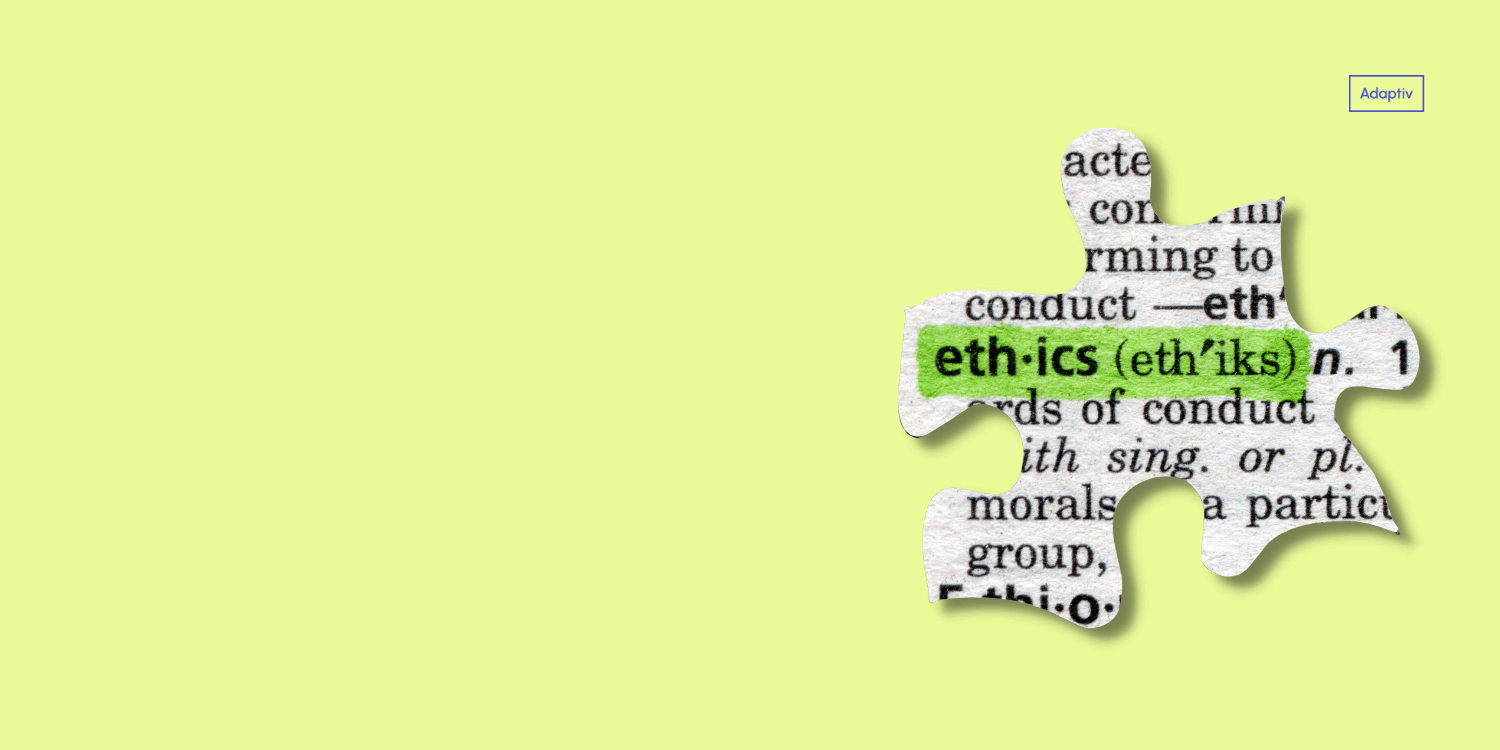What are the ethical concerns of using GPT in education?

GPT has been in the news recently for the impressive outputs based on prompts entered by users. But while the enthusiasm to generate content on the platform is growing, ethical concerns about the use of this technology in education are also increasing.
There are several ethical concerns when it comes to using large language models in education, including:
⚠️ Bias and Misinformation: Language models are trained on vast amounts of pre-existing data on the web, which contain all the biases of the humans that created the original content, resulting in the model replicating and amplifying these biases in its output. LLMs can also generate very convincing-sounding information that is not true.
⚠️ Lack of creativity and critical thinking: Relying too heavily on language models may reduce the role of human creativity and thought in the content creation process. Learning material created using LLMs could end up extremely one-dimensional, and lacking in relevant insights.
⚠️ Job displacement: The fears of LLMs replacing teachers have made the teaching community close ranks against this new technology. But like every thing that came before this, from tractors to social media, this won't replace humans. If leveraged well, it can increase the productivity of teachers.
What is Adaptiv doing to assuage the concerns about LLMs in education?
👉 Regular audits: The micro-courses on Adaptiv go through regular audits for fact-checking and for bias and inaccurate facts. We work closely with educators and subject-matter experts to mitigate the potential for errors or biases in the output generated by the model.
👉 Continuous improvements: The model and the training data we use for generation of learning material is continually updated and improved to ensure that they remain accurate and up-to-date.
To learn how Adaptiv is using large language models to democratize access to education and solve the skills gap, and make educators more efficient, you can read the full white paper.

